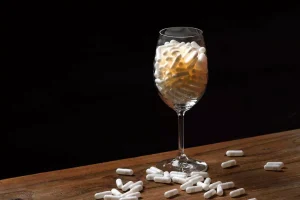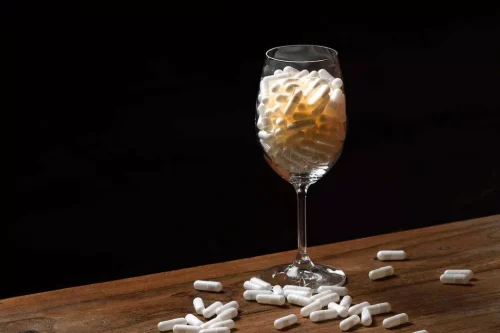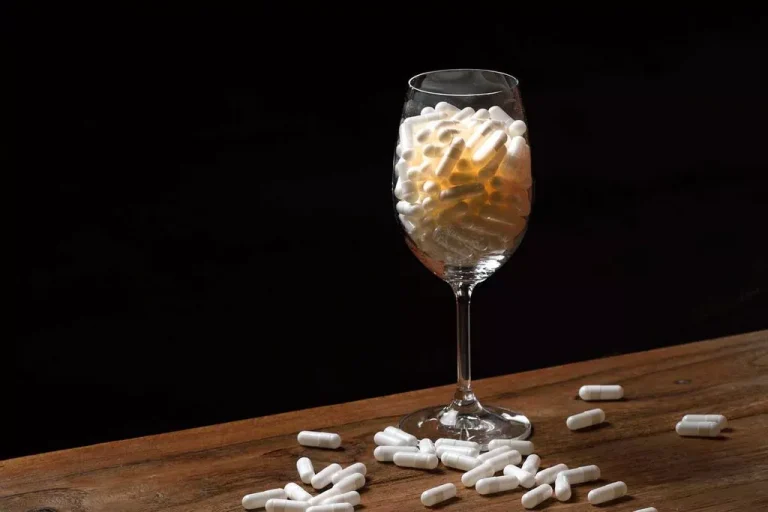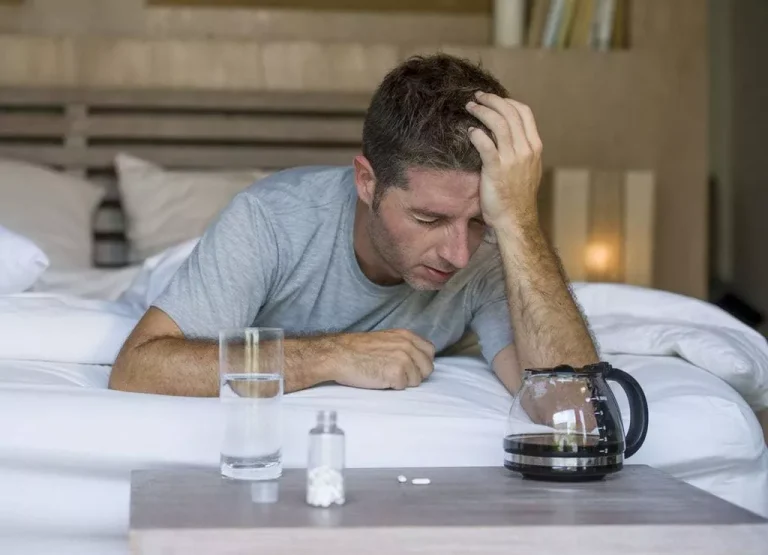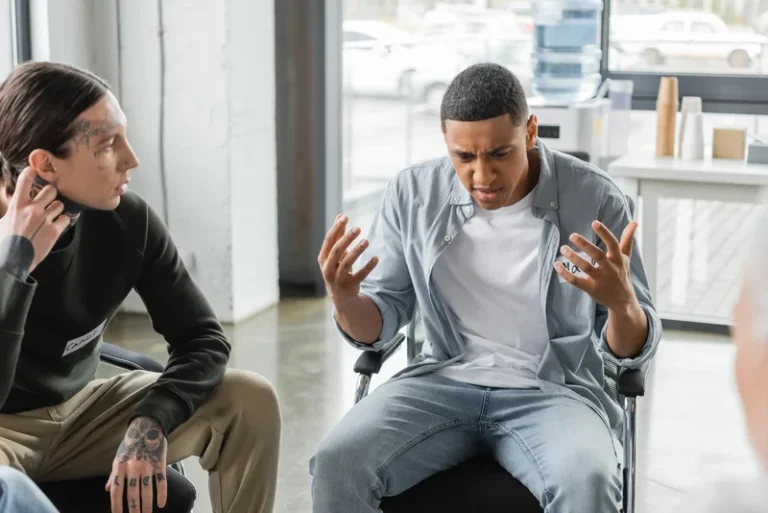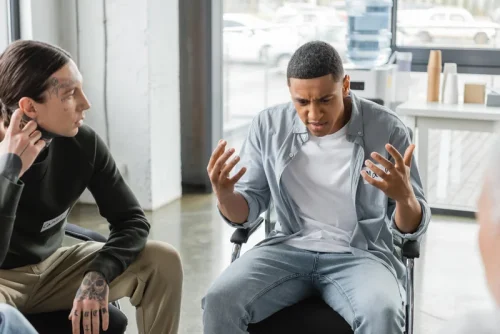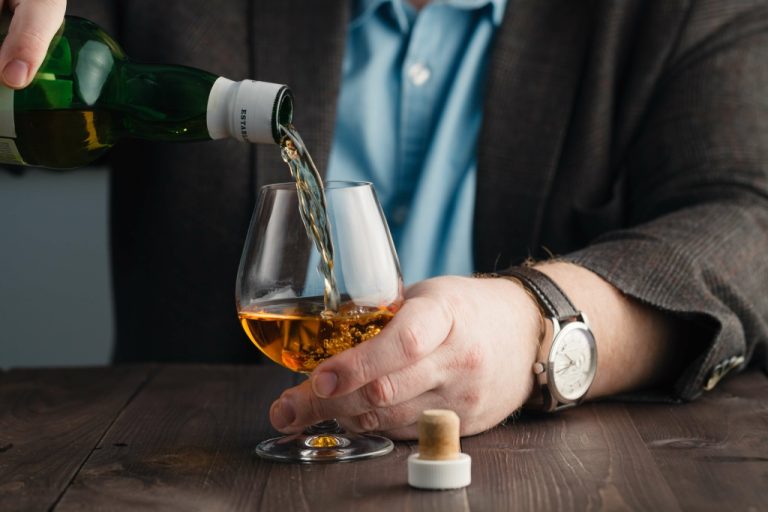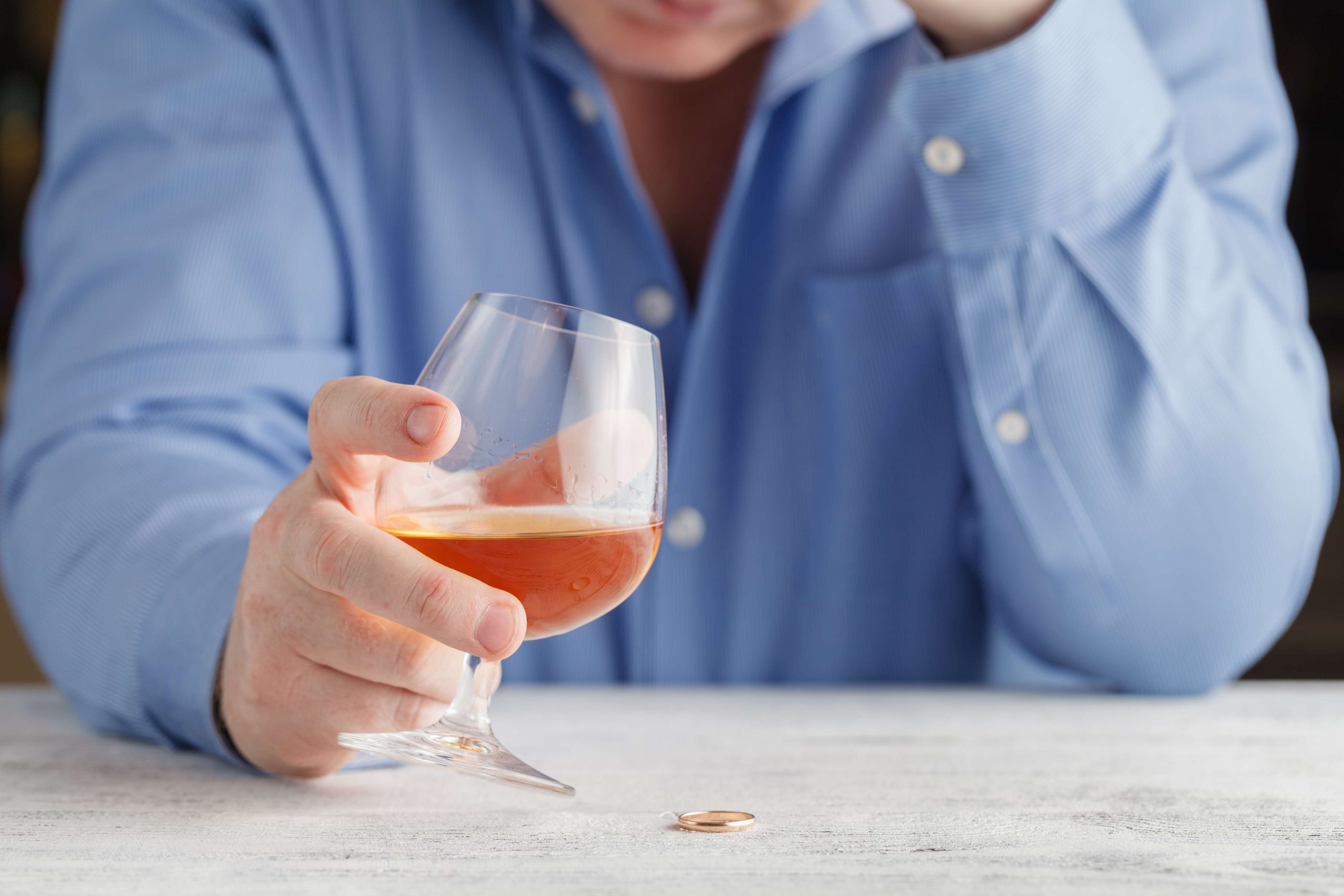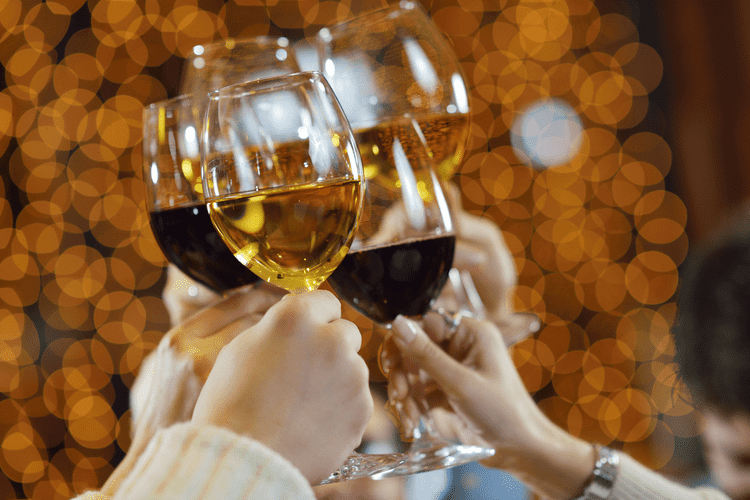Cut yourself some slack and remember that these feelings are temporary. All three experts agreed that the best way to combat hangxiety is to drink less and to take real time to evaluate your relationship with alcohol. “Alcohol itself is a depressant and has sedating effects,” Dr. Arielle Baskin-Sommers, a professor of psychology and psychiatry at Yale, said in an email to USA TODAY. “It helps us feel relaxed when drinking, but when we stop drinking the brain tries to recalibrate from the more sedating effects leaving some to feel worked up, anxious and irritable,” she says. She offered some parting advice, including cutting back on hard alcohol if it began to cause me to experience anxiety, as it had for her. Get additional sleep after a night of drinking and allow yourself a relaxed day if possible.
- Feelings of guilt, regret, and shame may weigh heavily on the mind as you reflect on your behavior while intoxicated.
- “It helps us feel relaxed when drinking, but when we stop drinking the brain tries to recalibrate from the more sedating effects leaving some to feel worked up, anxious and irritable,” she says.
- It’s crucial, then, to make sure you’re getting enough water the morning after to combat this dehydration.
Mental health
Feeling extremely thirsty is a common hangover symptom, according to the Cleveland Clinic. Alcohol is a diuretic substance, which means it makes your body lose fluids more rapidly than normal. After a night of heavy drinking, this fluid loss can leave you feeling groggy and tired when you wake up.
What is ‚hangxiety‘ and why do some people experience it?
These dissolvable powders or tablets are meant to deliver hydration to the bloodstream faster and more efficiently than water alone. A 2021 review published in the journal Clinical Psychology Review suggested that this imbalance in gut microbes may be linked to symptoms of anxiety disorders. However, more research is needed to fully understand the mechanism behind this, and it’s unclear how these gut bug disruptions might contribute to short-term feelings of anxiousness after drinking.
“Sleep deprivation caused by heavy drinking will also make you more anxious” Dr Campbell says. Some people will try to ‘relieve’ the unpleasant symptoms of their drinking by drinking more but this can lead to more panic attacks, even seizures. This may mean, for some people, you avoid mixing drinks and stick to one thing all night, or you avoid hard liquor, Hafeez suggests.
Health Challenges
According to a 2019 article published in the journal Alcohol and Alcoholism, the mild euphoria we experience after drinking alcohol is caused by temporary changes to our chemical messengers in the brain, called neurotransmitters. These neurotransmitters play a major role in regulating our mood, and after they initially generate euphoria, sudden changes to their levels may be a major trigger for later symptoms of hangxiety. Many aspects of hangovers, including dehydration and lack of sleep, have the ability to trigger or intensify feelings of anxiousness.
According to a 2021 review published in the journal Nutrients, excessive alcohol use leads to changes in the composition of the gut microbiome. Trying to avoid hangxiety by „sleeping off“ hangover symptoms may not be an effective strategy, some studies suggest. However, Gunn said that hangxiety is estimated to only affect around 12% of individuals who drink alcohol, and why some people Performance-Enhancing Drug Use in Recreational Athletes have different symptoms to others is not well understood. If your anxiety persists, or if you feel you need to drink more alcohol to cope with it, consider talking with a therapist or other healthcare professional. They might also create some major challenges, both for your health and in your daily life.
What Are the Symptoms of Hangover Anxiety?
Eat mild foods, such as soup or crackers, to settle your stomach is queasy or nauseas. If possible, go back to bed and let your body continue to process the alcohol withdrawal while you sleep. You wake up feeling like you’ve never had a sip of water in your life, your head is pounding, and you’re not sure why you’re even awake. It’s called hangxiety, the feeling of dread that follows a night of heavy(ish) drinking. If you are planning to drink more than the recommended amount, however, it’s important to practice smart drinking behaviors like hydrating and eating plenty of food. Since alcohol is a diuretic (meaning it pulls water out of your system), it has dehydrating effects on the body that leads to symptoms like headache, dizziness and dry mouth.


